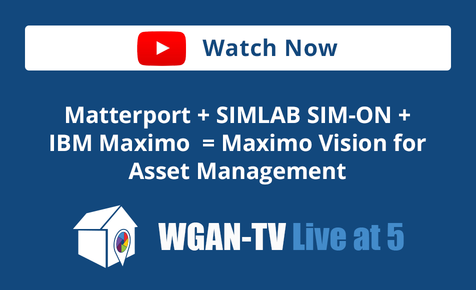No monkey needed!6205
Pages:
1
 WGAN Basic WGAN BasicMember New Brighton, PA |
frstbubble private msg quote post Address this user | |
| Just saw a video from 2012. If this was being worked on back then how far away are we from having autonomous scanning? I think in the future our real creativity will be in post-production. But, that will probably get done with logarithms and machine learning. The part I wanted to highlight starts at 12:12 the link I put in has it but it is not starting there. |
||
| Post 1 • IP flag post | ||

|
Shakoure private msg quote post Address this user | |
| @frstbubble ...HAS TECHNOLOGY TRULY BENEFITTED THE AVERAGE JOE? This is an increasingly interesting subject that you're touching on here. While machine learning/A.I. is really amazing and gaining traction, many people are getting concerned about the changing landscape of our work force and employment rates, i.e. employers are replacing human employees with robots and AI programs, leaving the average person with ever shrinking opportunities for income. My hope, however, is that the other side of this equation will offset this sort of impact. But is it? If AI and robotics can provide cost & time saving efficiencies to businesses, shouldn't it also reduce the general cost of living? Theoretically, it seems so since computer automation and intelligent applications should reduce the cost of production (goods and services) that people use daily (transportation/deliveries, food/clothing production, health care, etc), and allow for more efficient/shared use of resources. HOWEVER, I think this will only happen if business cost savings are passed on to consumers. Otherwise, these emerging technologies will primarily serve investors and share holders, not the average consumer. Any thoughts? |
||
| Post 2 • IP flag post | ||
Pages:
1This topic is archived. Start new topic?
















